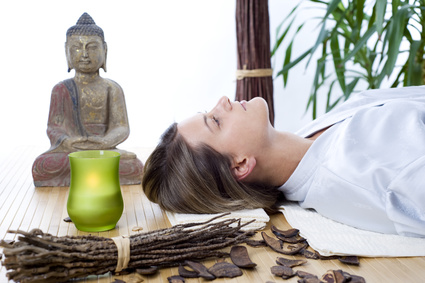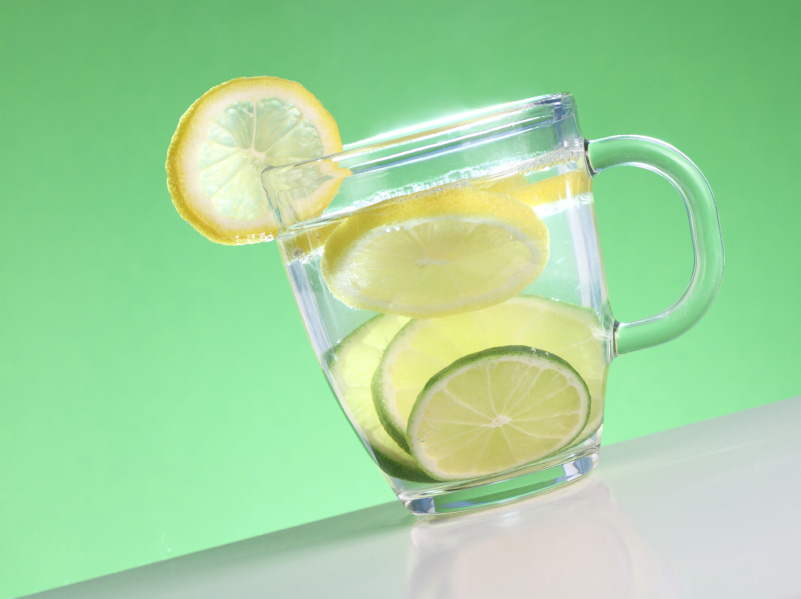Don’t Suppress Migraine; Treat It!
You are having a great day at work; an important deal that
you have worked so hard on is about to be finalized and the boss is very happy
with you. Suddenly, that terrible Migraine headache strikes during a crucial
meeting. You have to excuse yourself as the pain needs to be taken care of. You
take your second painkiller
of the day, grab a big mug of coffee and get back to the meeting room. However,
before the medicine can show its effect, the pain has become unbearable, making
it impossible for you to continue with the meeting. At such a crucial juncture,
you end up asking for the remaining day off. The boss is not happy anymore, because this
has become a regular habit with you. After today’s scene, with the deal in
trouble, your job too seems to be in serious trouble.
Anyone who’s ever had Migraine knows that it is a nightmare.
It comes with debilitating pain and nausea that can often keep you confined to
a dark room with pillows over your head for hours on end. As a result, most
Migraine sufferers are unable to work or take care of their family while
experiencing the pain. With Migraine comes the "where did the day go"
effect, primarily caused by the persistent use of strong painkillers. Even as
these medicines manage to suppress the pains, they are not successful in providing
long-term relief to the patient. Additionally, their continued use further
weakens the body and makes it dependent on these chemicals. With suppression of pains being the
only treatment option available in modern medicine, what can Migraine patients do to ensure their
complete wellbeing? The solution lies in Ayurveda, the world’s oldest system of
medicine, which provides holistic healing in the severest of Migraine cases.
The Underdiagnosed
Disease Migraine, known as Ardhavbhedak (meaning ‘half region of the head’) in
Ayurveda, is widely regarded as one of the most underdiagnosed, misdiagnosed
and undertreated diseases. According to researchers, most migraines are
misdiagnosed as sinus or tension-type headaches. Additionally, less than half
of all cases are diagnosed and receive treatment. Sadly, there is no test to confirm the
diagnosis of migraines. The only way you can do so is by clearly explaining
your situation (esp. the type of pain you are experiencing) to a doctor.
Understanding Migraine:
Migraine is a one type of neurological syndrome; characterized
by altered bodily perceptions, severe headaches sometimes with nausea and
irritability. This pain is usually begins mainly in the forehead, sometimes at the
side of the head or around the eyes and gradually gets worse. Noise or bright
lights can worsen the condition, and it can last for 2-3 hours or even up to 2-3
days.
There is not any particular one reason for Migraine, but
some in some situations Migraine attack occurs. These are changing in weather
condition, loud noise, some strong odors, smoke, stress, or sometimes skipping
a meal can trigger the attack of Migraine.
What AYURVEDA Says:
The traditional science of Ayurveda does not regard Migraine
as a case of prolonged headaches. On the contrary, it considers this condition
to be caused by deep-rooted problems, including a sensitive nervous system and
impaired digestion. Improper diet and lifestyle causes aggravation of Pitta
(Ayurvedic humor representing Fire) in the body. In an aggravated state, Pitta impairs digestion, leading to
production of digestive impurities (known as ama). This ama gets stored in the manovahi
strotas (mind channels), thereby becoming the cause for pains in migraine.
A sensitive nervous system lowers the ojas (energy) in the
body. Ojas is the essence of all body tissues and provides strength to the
nervous system and body. If you have a strong nervous system, you are able to fight
against problems and carry on with your work with a healthy mind. Lowering of
ojas causes migraine-like problems.
How does Ayurveda treat Migraine
Ayurveda does not propagate short-term pain relief for
Migraine patients. Rather, it believes in cleaning the body from within and
eradicating the disease from its roots. Ayurvedic treatment of Migraine
therefore is centered on the pacification of Pitta Dosha, and restoration of
digestive function in the body. Nervine tonics are also recommended to enhance
the ojas, relax the mind and give strength to the nervous system. Patients are given
herbal medicines as well as customized diet and lifestyle plans in accordance with their body
constitution and the root cause of
disease. When the body’s digestion is enhanced, ama production gets controlled,
leading to cleansing of manovahi strotas. As a result, patients can get
long-term relief from the most chronic of pains.
Recommended Diet & Lifestyle for Migraine:
- Avoid hot, spicy, salty, sour and fermented foods, white sugar, white flour products, as they aggravate the PITTA in body.
- Eat fruits and vegetables more.
- Avoid tea, coffee or alcohol, meat
- Avoid direct exposure to the sun, as sometimes migraine headaches can be triggered by the sun.
- Regular head massage with herbal oil is very beneficial. Massage gives a calming effect nervous system.
Home Remedies for Migraine:
- If there is a burning sensation, apply a paste of ground clay or sandalwood powder mixed with rose water.
- When the headache is due to inflamed sinuses, inhale steam with vinegar added to the water.
- Mix ¼ teaspoon of clove powder with 1 teaspoon of cinnamon oil. Apply this paste on the affected area for 20-30 minutes.
Panchakarma Treatment for Migraine:
Ayurvedic treatment therapies, known as Panchakarma, are
also effective in treating Migraine pains. Nasya (administration of herbal oils
into the nostrils) and Shriodhara (head massage) are especially highly
recommended to such patients. Both procedures are aimed at removing the cause
of the headache and the pain.



